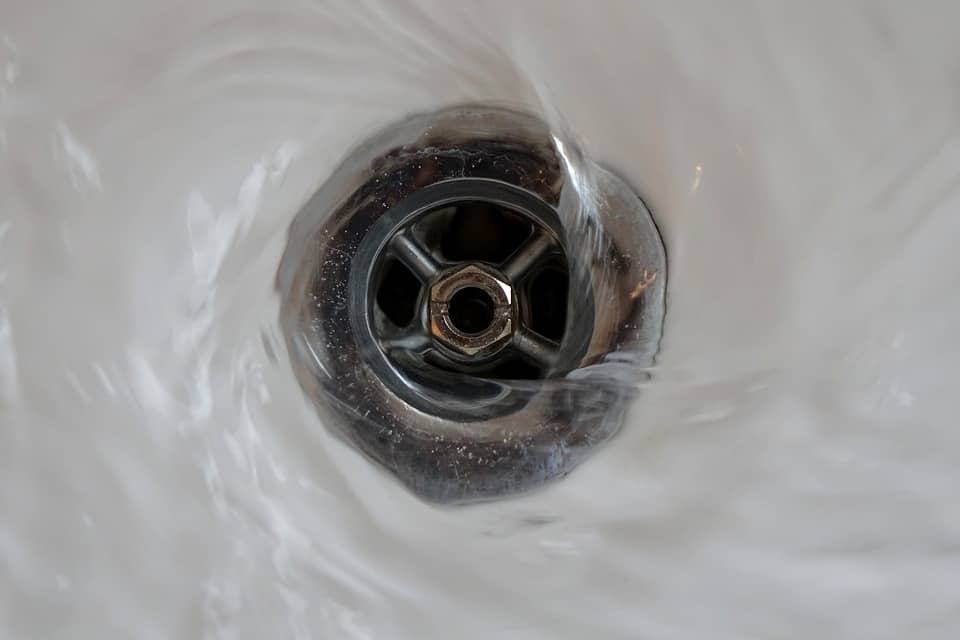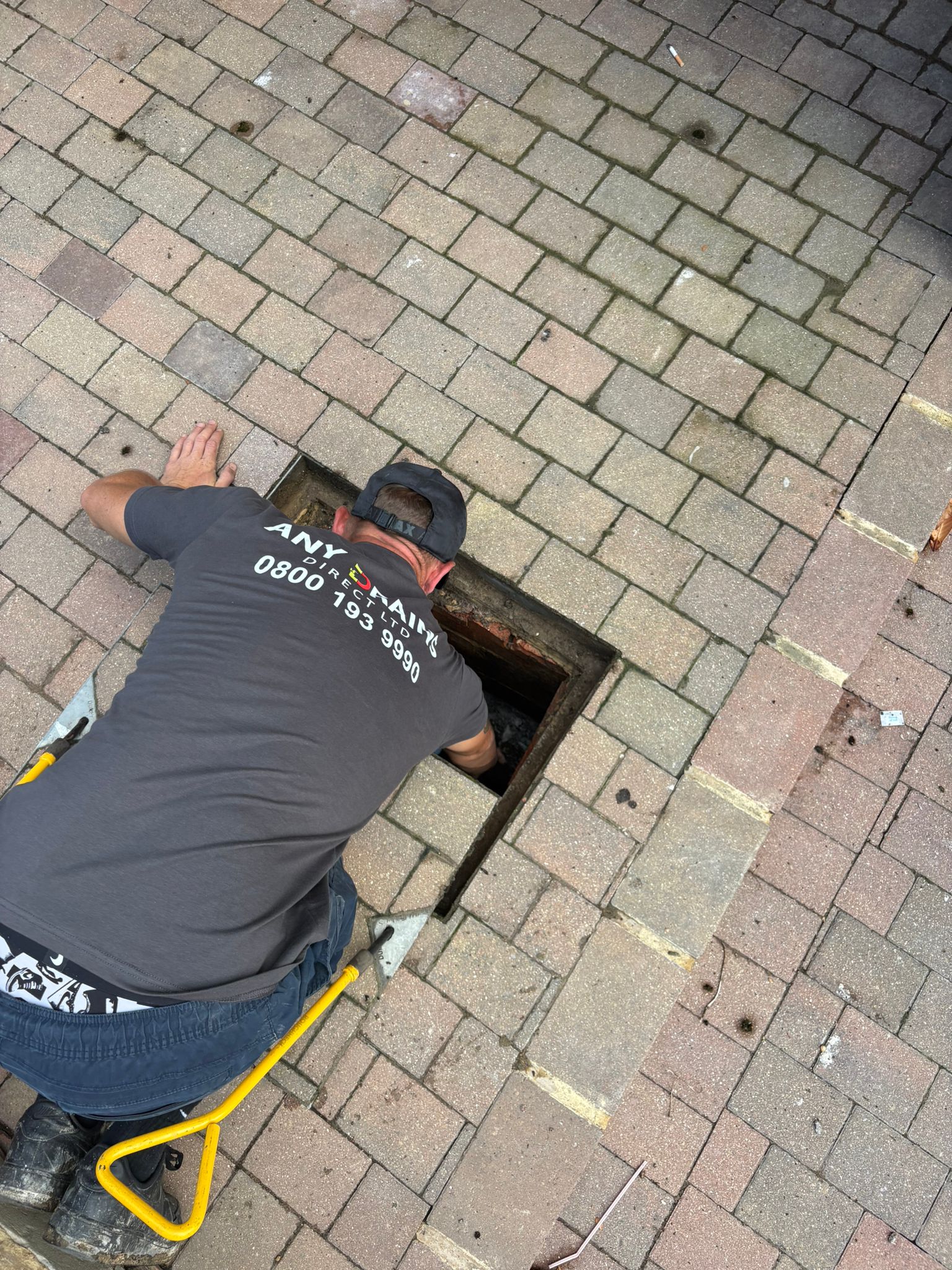Pointers for Fixing a Blocked Drain Prior to Seeking Professional Assistance
Pointers for Fixing a Blocked Drain Prior to Seeking Professional Assistance
Blog Article
Just how do you actually feel about How to handle a clogged drain in your home?

Introduction
Managing a blocked drainpipe can be an aggravating experience, interfering with daily tasks and possibly creating damage to your residential or commercial property. Nonetheless, prior to reaching out to plumbing specialists, there are steps you can require to resolve the issue on your own. In this overview, we'll explore DIY solutions and safety nets to tackle an obstructed drainpipe effectively.
Determining the Problem
The very first step in resolving a blocked drainpipe is identifying the indicators. Sluggish water drainage, gurgling noises, foul odors emanating from drains pipes, or water support up are common indications of a blocked drainpipe. Recognizing these indicators early can assist stop better difficulties.
Usual Causes of Blocked Drainpipes
Recognizing the aspects that contribute to drain pipes clogs is necessary for effective resolution. Typical wrongdoers include hair, soap scum, oil, food debris, and foreign objects like sanitary items or paper towels. Tree origins invading underground pipes can additionally trigger considerable clogs.
DIY Solutions
For minor clogs, numerous DIY remedies can be effective. Pouring boiling thin down the drain can assist liquify grease and debris. Sodium bicarbonate and vinegar or a combination of salt and cooking soft drink can work as all-natural cleansers. Using a plunger or pipes snake to displace blockages is another alternative.
Devices and Tools
Having the right devices available can make DIY drainpipe cleaning more reliable. A bettor is a flexible device for getting rid of obstructions in sinks, toilets, and showers. A pipes snake or auger can get to deeper obstructions, while drainpipe cleaning chemicals can be utilized very carefully for persistent obstructions.
Safety nets
To avoid future obstructions, embracing safety nets is important. Set up drain guards or filters to capture hair and debris prior to they enter the pipes. On a regular basis flush drains pipes with hot water to liquify grease build-up, and stay clear of throwing away grease or strong waste away.
When to Call an Expert
While do it yourself remedies can settle small obstructions, certain indicators suggest the need for specialist aid. Relentless clogs, foul odors in spite of cleaning up efforts, or numerous drains supporting simultaneously are red flags that call for experienced intervention.
Picking the Right Plumbing Service
When picking a plumbing service, take into consideration aspects such as experience, licensing, and consumer reviews. Select a respectable plumbing technician with a record of high quality craftsmanship and clear prices techniques.
Cost Factors to consider
The price of specialist drainpipe cleaning company can vary relying on the intensity of the blockage and the plumber's rates. Request quotes from several suppliers and inquire about any service charges to make sure transparency and avoid shocks.
Safety and security Measures
When trying DIY drainpipe cleansing, prioritize security. Wear safety handwear covers and eyewear to avoid contact with dangerous chemicals or germs. Never mix various drainpipe cleaning products, as this can produce harmful fumes.
Case Researches
Real-life instances illustrate the efficiency of DIY solutions and the relevance of timely professional intervention in resolving drainpipe blockages.
Final thought
By adhering to the pointers detailed in this overview, you can efficiently tackle obstructed drains pipes and protect against future plumbing problems. Whether opting for do it yourself options or seeking professional assistance, prompt action is essential to maintaining a healthy pipes system and preserving the integrity of your home.
10 TIPS TO CLEAR ANY BLOCKED DRAIN
SIGNS OF A BLOCKED DRAIN
Blocked drains can be a source of property damage and health problems for people and pets. The early warning signs of a blocked drain are:
Overflowing
You’re probably quite used to everything flowing down your drain. As a result, it’s quite alarming seeing water spill back up. If your drain is overflowing, that means you’re facing a blockage.
Gurgling sounds
Gurgling sounds indicate that the water is pooling and pushing against the pipe. If you experience this, it’s often the case that a blockage is a problem.
Slow draining
When emptying your sink or taking a shower, you might notice that the water pools for longer than expected. Usually, the problem worsens rather than getting better by itself, which suggests that the blockage is growing larger.
CAUSES OF A BLOCKED DRAIN
Although most people use their drains appropriately, it’s quite easy to make mistakes. Occasionally, everyday use results in blocked drains too. Common causes include:
Tree roots
Tree roots won’t be the cause of local drain blockages, but they can disrupt your main sewage system. The root keeps growing until it breaches the pipe and causes a blockage.
Toiletries
Although toiletries are essential, some can cause drain blockages. For example, nappies, baby wipes and sanitary products should not be flushed down the toilet.
Foreign objects
When you have kids, there’s always a risk they’ll flush something unusual down the toilet. Toys and other foreign objects become lodged in the u-bend, resulting in a blockage.
Mineral Buildup
When minerals such as calcium build up in your pipes, this causes constriction. Although this may not cause a blockage on its own, it does make it easier for other types of blockages to form.
Soap
Although liquid soap may not cause drain blockages, solid soap bars can get lodged within pipes until they eventually break down. One way to stop this from happening is to use a mesh wire guard to cover plug holes.
Natural Debris
Natural debris can fall into your outdoor drains, especially when you don’t use gutter guards. This usually means leaves and twigs, although it can include dirt and grit too.
HOW TO CLEAR A BLOCKED DRAIN
Boiling water
Boiling water is useful for tackling blocked drains caused by grease, conditioner, and some other kinds of toiletries. This is because these substances have a low melting point, and the extreme heat helps to break them up. Boil a kettle with water and pour it down the drain to shift the blockage.
Natural cleaners
You can use some natural cleaners to create a fizzing effect that breaks drain blockages apart. Try pouring hot water down the drain, then follow it with one cup of bicarbonate of soda and a cup of vinegar. Leave it for ten minutes, then chase it with more hot water. A combination of the hot water and the natural cleaner mixture can break blockages up.
Caustic cleaners
Some stores sell caustic cleaners that take stronger action against drain blockages. It dissolves grease, fat, and oils, making it ideal for tougher blockages. Always follow the instructions on the packaging and ventilate the room before starting.
Plungers
As a simple yet effective tool, plungers can help to dislodge local blockages. They work by forming a seal around the plug hole, followed by a vacuum effect that removes the blockage.
DIY drain snake
You can make a DIY drain snake out of any thin metal wire, such as a coat hanger. Leave a hook at the end of the snake and insert it into the plughole. Try using it to fish out local blockages made of hair. This approach is most effective in showers.
https://preciseservices.com.au/10-tips-to-clear-any-blocked-drain/

I'm certainly very taken with How to handle a clogged drain in your home and I'm hoping you enjoyed reading our blog posting. Do you know about anybody else who is sincerely interested in the topic? Why not share it. Thank you so much for your time invested reading it.
Book Report this page